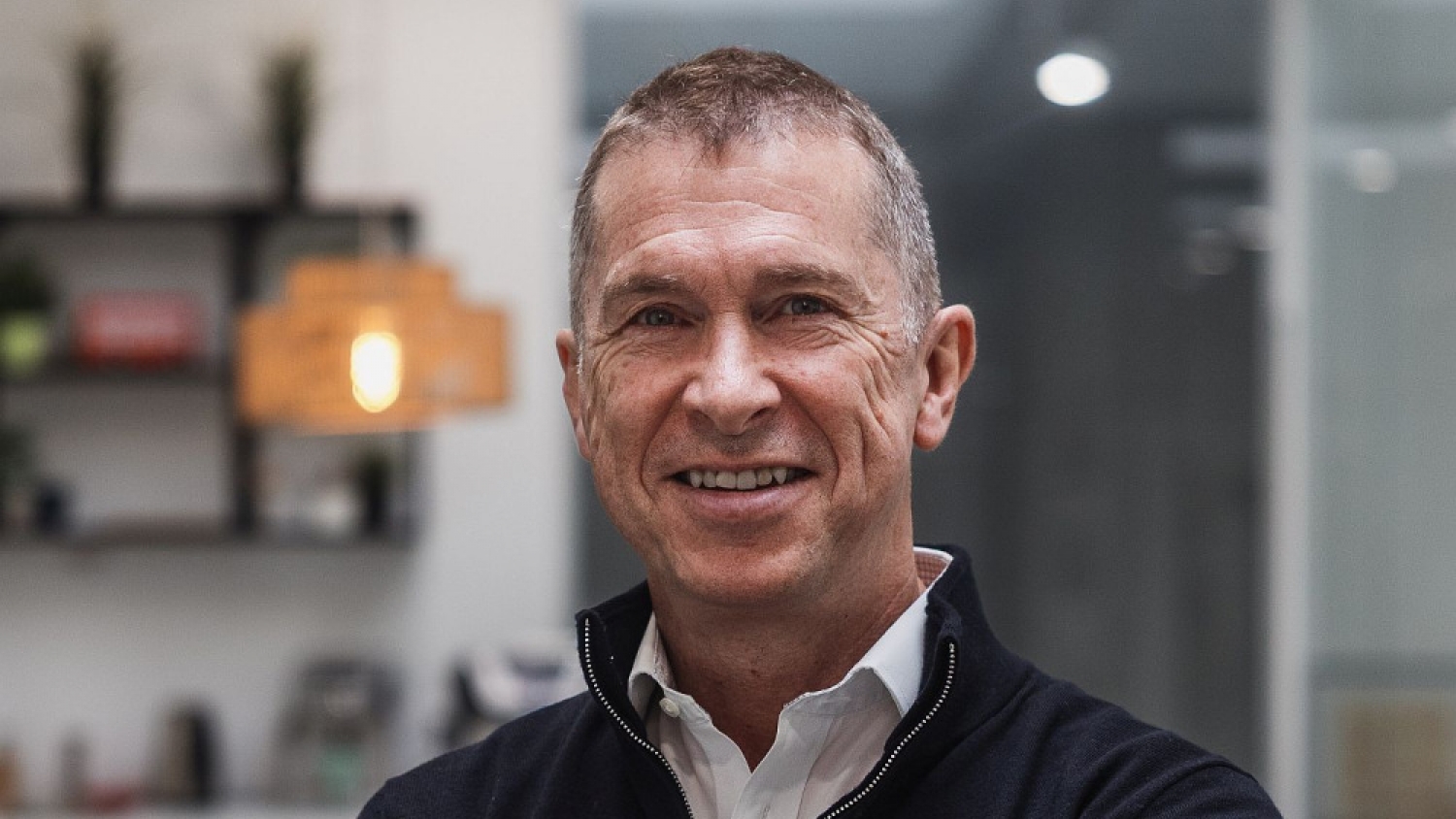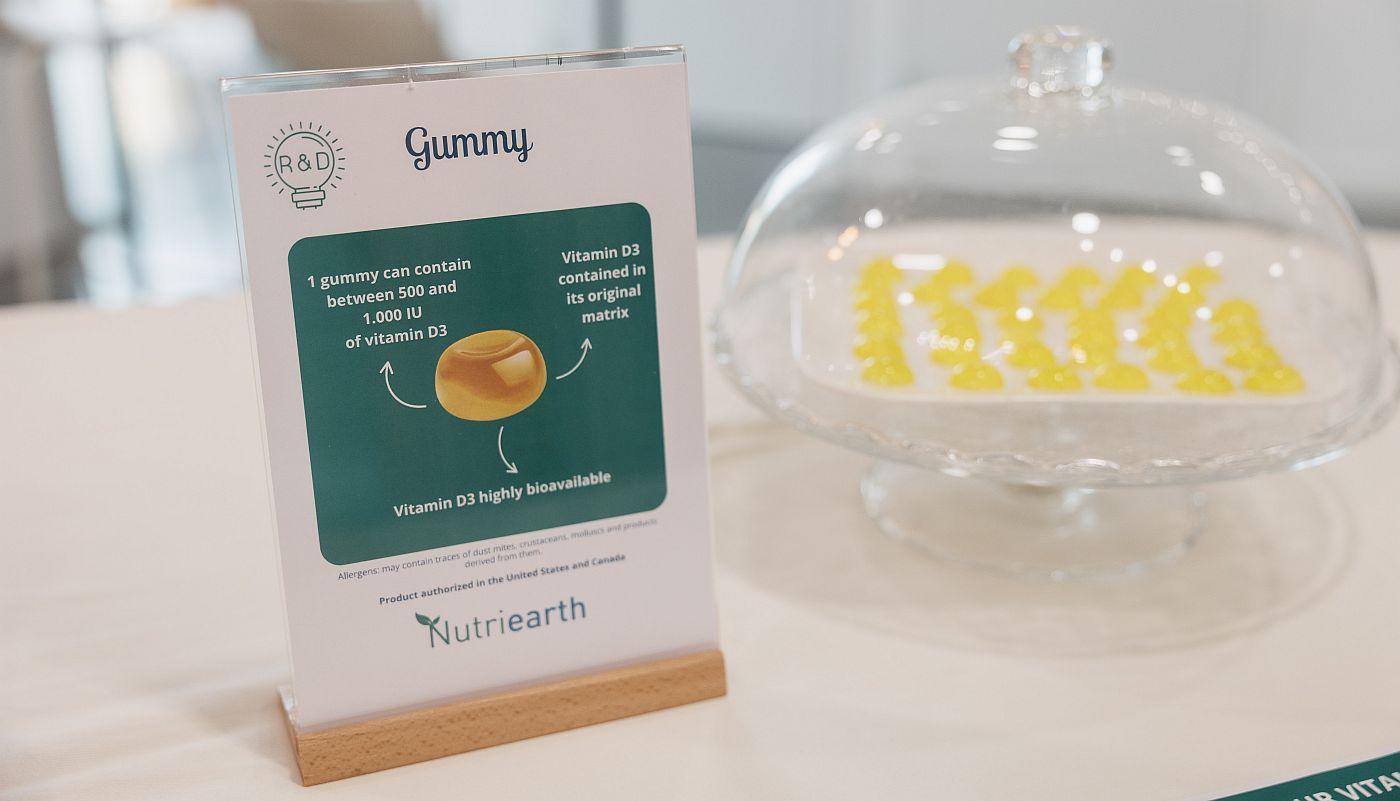
In France, Nutriearth, a biotechnology startup founded in 2017, has developed an innovative process to produce vitamin D3 using mealworms as a natural source. The initiative, led by CEO Jeremy Burks, is reshaping how the world approaches vitamin production, offering a sustainable, chemical-free alternative to traditional lanolin-based methods. With regulatory approvals secured in the EU, Canada, and the US, the company is scaling up production to meet growing global demand for the “sunshine vitamin.”
Nutriearth’s approach centers on a light-activated process that converts sterols naturally present in mealworms into vitamin D3 (cholecalciferol) — the form most readily absorbed by humans. Unlike conventional sources derived from lanolin, the oily coating on sheep’s wool, this method avoids chemical reactions and extraction steps, relying solely on UV-B light exposure.
“There are no extracts and no chemicals, and what we end up with is natural, sustainable, and highly bioavailable,” said Burks in an interview with AgFunderNews.
The company produces two main products: a vitamin D-enriched protein flour and a vitamin D oil, both designed for food and nutraceutical applications. The flour—a protein-rich ingredient with up to 4% vitamin D3 integration—is aimed at the food industry, while the oil targets dietary supplements and health formulations. Both products require minimal processing, offering cost and environmental advantages over traditional synthesis methods.
Nutriearth’s vitamin D3-enriched flour has already received novel food authorization in the European Union, and the firm has filed a second dossier for its oil formulation. Beyond Europe, the oil has been approved by Health Canada and holds self-GRAS (Generally Recognized as Safe) status in the United States, where Nutriearth has partnered with AIDP, a major ingredients distributor.
The company’s ability to meet international standards is positioning it as a key innovator in the functional nutrition sector, bridging sustainability and human health. “We can now supply the daily needs of over 50 million people,” said Burks, highlighting the firm’s capacity expansion following the installation of clean rooms for human-grade production earlier this year.
While many insect farming ventures have struggled to achieve profitability in bulk protein markets such as animal feed and pet food, Nutriearth has identified a high-margin niche in micronutrient production. Producing vitamin D3 requires microgram-level doses, making it possible to generate significant value from relatively small quantities of material.
“The economics are completely different,” Burks explained. “With a kilo of our material, we can supply ten people every day of the year. It’s a whole new scale of efficiency.”

The innovation lies not only in biology but also in technology. Nutriearth’s research focuses on precise light calibration—including wavelength, exposure time, and intensity—to maximize conversion efficiency. The company holds seven patent families protecting its intellectual property, covering both lamp-based and LED-based activation methods.
Before expanding into human nutrition, Nutriearth built its foundation through pet food and animal nutrition markets, supplying whole mealworms, protein flours, and oils to early adopters across Europe. As regulatory barriers lifted, the firm transitioned toward functional food applications, collaborating with French bakeries and manufacturers to integrate the flour into pastries, cakes, and other products.
“The lanolin-derived vitamin D3 market is well established,” Burks said. “But there’s growing demand for natural, plant- and insect-based alternatives that deliver equal or better performance.”
The company is currently finalizing a peer-reviewed animal study suggesting that Nutriearth’s mealworm-derived vitamin D3 demonstrates higher bioavailability compared to lanolin-based counterparts—a key competitive advantage for health-conscious consumers and supplement brands.
Nutriearth’s innovation has drawn strong investor interest. In July 2024, the firm secured €8 million ($9.3 million) in funding from Bpifrance, Demeter Investment Managers, Rev3 Capital, and Crédit Agricole. The capital was used to scale production facilities and strengthen R&D. A new fundraising round is now underway to support international expansion.
“The good news is we’ve already got our CapEx behind us, the R&D is complete, and regulatory approvals are in place,” said Burks. “We’ve significantly de-risked the business.”
Still, building a new market from scratch presents challenges. “Creating a new category is never easy,” Burks admitted. “You solve one problem and immediately uncover the next. But the opportunity ahead is enormous.”
As global consumers increasingly seek eco-friendly, natural nutrition sources, Nutriearth’s approach could redefine vitamin production systems. By turning an underused resource—insects—into a source of high-value human nutrients, the company aligns with broader FoodTech and DeepTech trends emphasizing circularity, low-impact farming, and health-driven innovation.
Experts view the model as a proof of concept for broader insect-based bioactive production, potentially extending to omega-3 fatty acids, probiotics, and other functional compounds. For now, Nutriearth remains focused on perfecting its vitamin D3 process and expanding partnerships with major nutraceutical and food manufacturers in Europe and North America.
As Burks summarized, “We’re not just creating a new product—we’re demonstrating that sustainability and performance can coexist at scale.”
